BS Computer Science (BSCS)
Vision
To become a center of excellence in creating computing knowledge for comprehensive development in emerging fields.Mission
Fostering state-of-the-art computing education and skills through creative knowledge, innovative research, and emerging technologies.
The Department of Computer Science is offering BS Computer Science accredited from HEC / NCEAC since 2002.
Program Educational Objectives (PEO's)
Following Program Educational Objectives (PEOs) have been defined by keeping in view the department’s vision and mission. The graduates of the BS Computer Science program are expected to have the below mentioned skills after four - five years of their graduation.
Program Learning Outcomes (PLO's).
Program Learning Outcomes are the expectations that can be measured and are considered to be the attributes of a graduate.
Scheme of Studies.
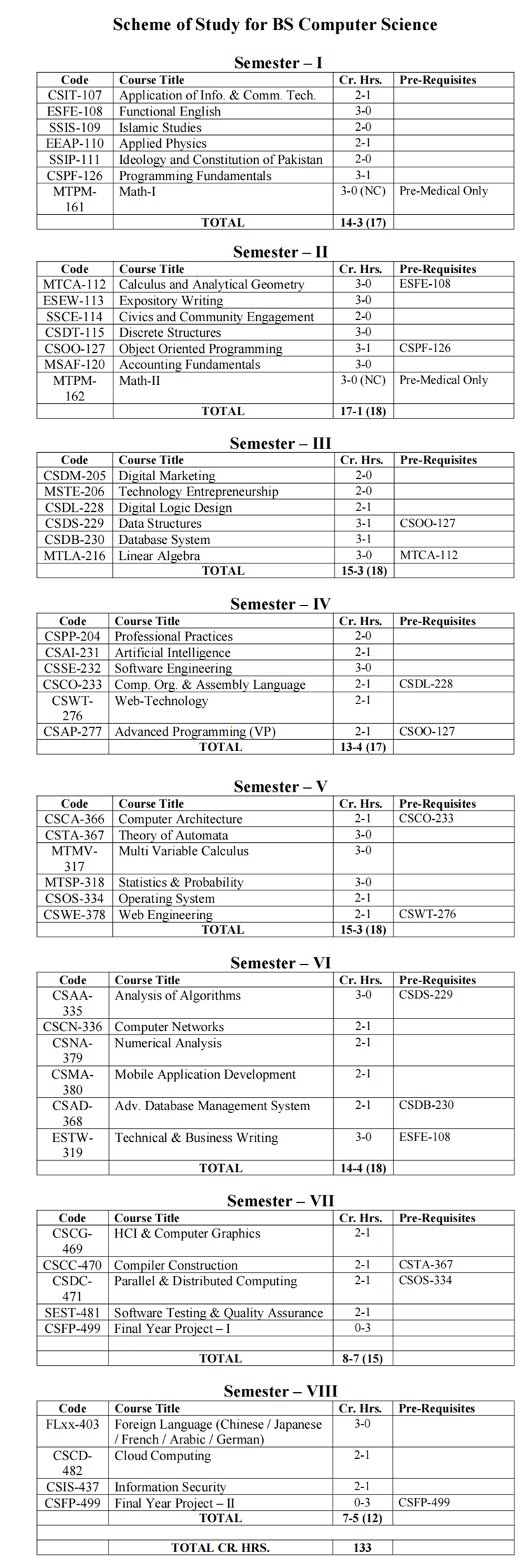
Industrial Advisory Board
Industrial Advisory Board (IAB) is held twice in a year.Industrial Advisory Board consists of the following companies:
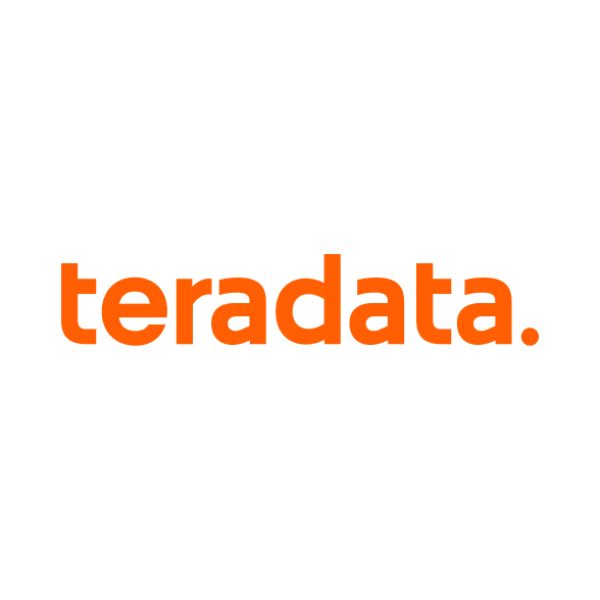
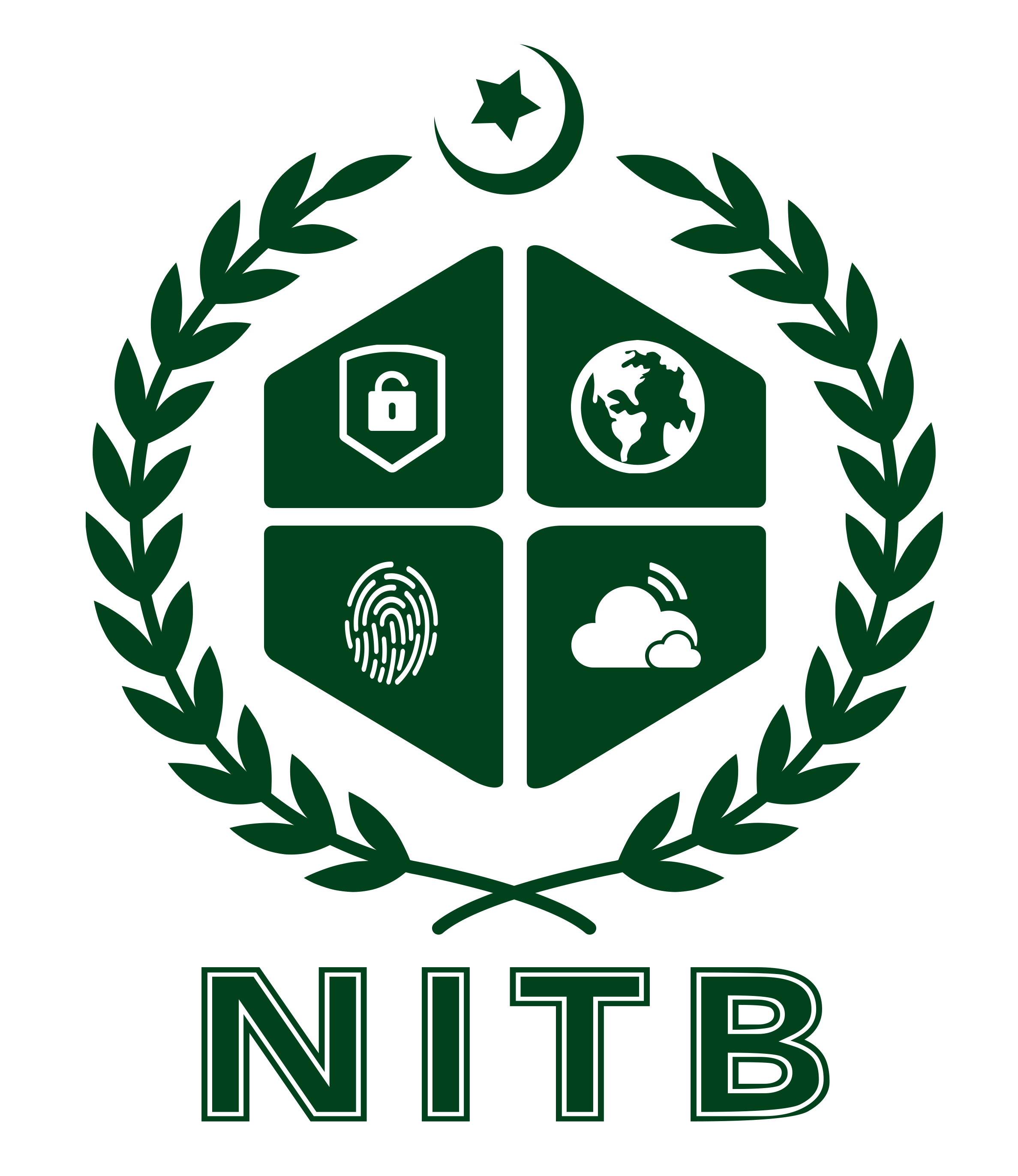

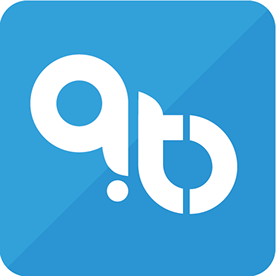
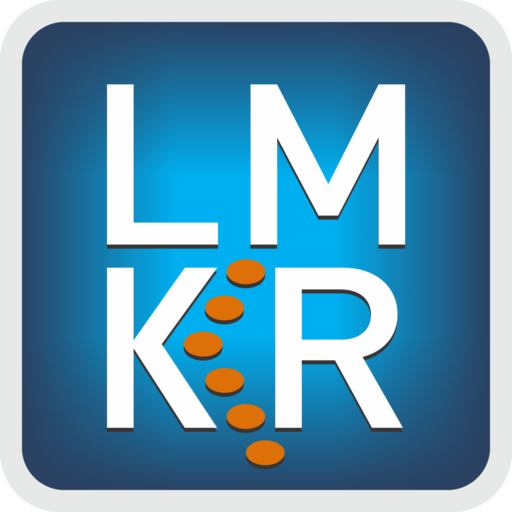
Ignite Funding For FYPs
The program aims to assist final year undergraduate students of ICT related disciplines studying in the Institutions by providing them financial assistance for developing prototypes / working models of their Final Year Projects (FYP) in order to increase creativity, innovation and hands on engineering and development skills. Following Projects were selected for Ignite funding
| IGNITE FUNDED FYPs | ||||||
|---|---|---|---|---|---|---|
| # | Project Title | Supervisor | Year | Amount | ||
| 1 | Food Allergens Recognizer | Dr. Qurat Ul Ain | 2022-23 | 62,961 | ||
| 2 | Supervised Classification of Land Images | Dr. Qurat Ul Ain | 2022-23 | 69,695 | ||
| 3 | Reduced Electricity cost with smart scheduling and Renewable Energy | Mr. Zain Ul Abideen | 2022-23 | 35,074 | ||
| 4 | Real-Time Patient Monitoring System IOT based | Mr. Muneeb Abbasi | 2022-23 | 77,976 | ||
| 5 | Face Detection and Crowd Counting Using Drone (U.A.V) | Ms. Zainab Yousaf | 2020-21 | 62,055 | ||
| 6 | Real time Water Quality Monitoring System through IoT | Mr. Muneeb Abbasi | 2020-21 | 63,322 | ||
Co-Curricular Activities
NUMLogic & SoftFest
National-level Software Skills Competitions
Industrial Visits
Industrial Visits to Software Companies.
Competitions
Participation in Interuniversity competitions
Events
Talks,Seminars,Webinars & Workshops.
OPEN HOUSE
To Showcase Final Year Projects.
ITCON / BICON
For Project Commercialization and Trainings.
JOB FAIR
with various Software Companies.
Conferences
International National Conferences, IEEE-ICECT, Free Lancing.
- BS Level
- Both Shift
- 8 Semester(s)
- 4 Year(s)
- 138 Cr.
Intermediate with any one of the following combinations with 50% marks: (1) Maths, Physics and Chemistry. (2) Maths, Stats and Computer (3) Maths, Physics and Computer (4) Maths, Stats and Physics (5) Maths, Stats and Economics, (6) Physics, Chemistry& Biology. OR Diploma in Associate Engineering Examination with at least 60% aggregate marks in the relevant discipline.
Courses
| Code | Name | Credit Hours |
|---|---|---|
| No Course is available | ||
